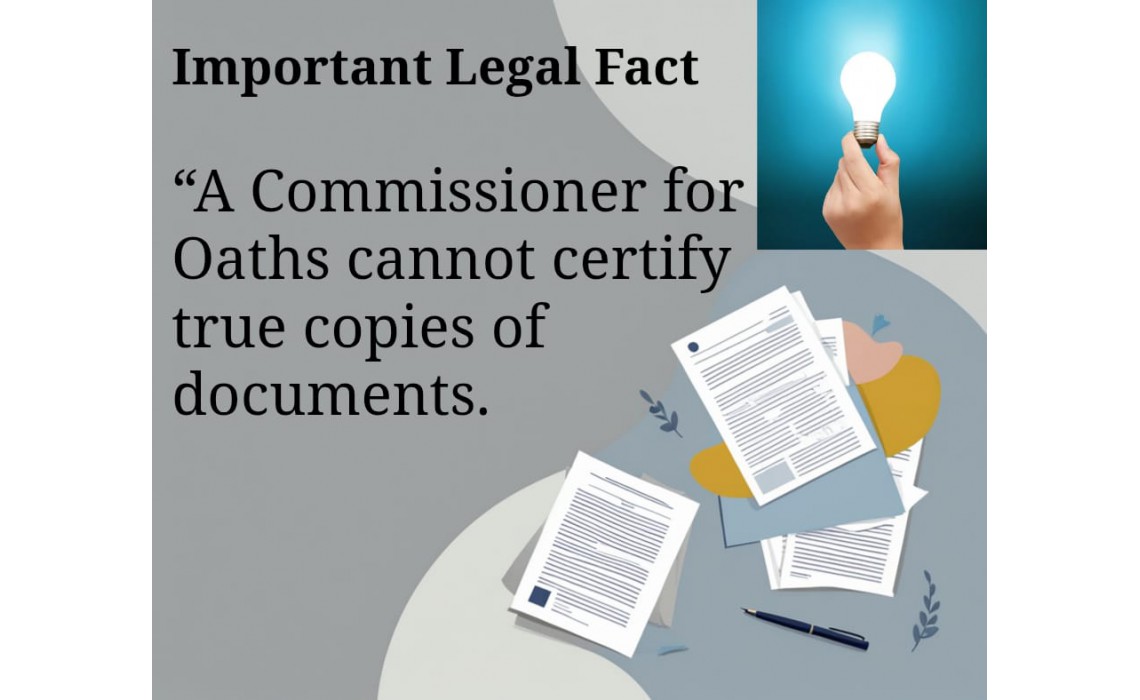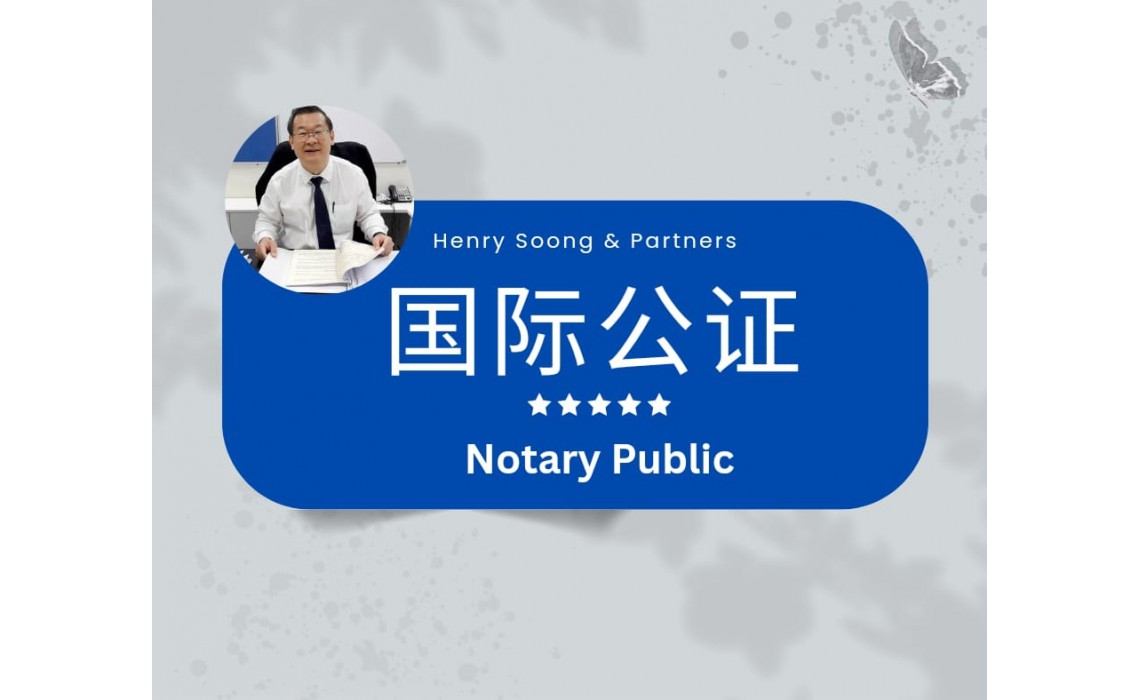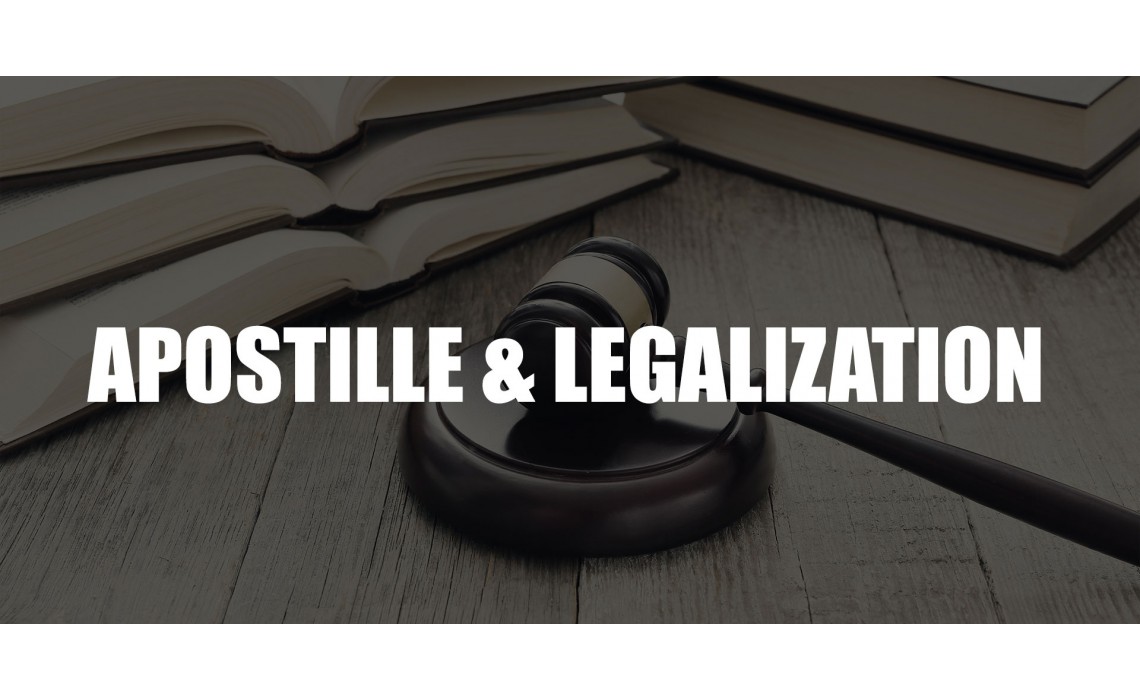Blog
A Commissioner for Oaths CANNOT Certify True Copies of Documents
In Malaysia, the role of a Commissioner for Oaths is often misunderstood. While Commissioners are authorized to witness the signing of statutory declarations and affidavits, they are not permitted to certify true copies of documents. This limitation is important, especially for individuals dealing with applications that require officially certified documents, such as visa submissions, university admissions, or certain legal processes.
如何在马来西亚使文件合法化以在中国使用?
将马来西亚文件合法化以在中国使用涉及到公证、认证以及在马来西亚中国大使馆或领事馆进行合法化。文件首先需要公证以确保真实性,然后通过马来西亚外交部进行认证。中国大使馆会盖章以验证文件在中国的有效性。如果文件不是中文,必须由官方翻译人员翻译并进行认证。最后,将合法化和翻译后的文件提交给相关的中国机构。
Legalize Documents In Malaysia For Use In China
Legalizing Malaysian documents for use in China involves notarization, authentication, and legalization by the Chinese Embassy or Consulate in Malaysia. Documents are first notarized for authenticity, then authenticated by the Ministry of Foreign Affairs of Malaysia. The Chinese Embassy affixes its seal to validate them for use in China. If documents aren't in Chinese, they must be translated by an official translator and authenticated. Finally, submit the legalized and translated documents to relevant Chinese authorities.
Do you know the difference between an apostille and legalization?
Normally documents to be used overseas must go through a process to make it "legal" so that its authenticity and evidentiary value could be determined. Apostille and legalization are processes used to validate the authenticity of documents for international use, and the specific method depends on the legal agreements and practices of the countries involved. In most cases, documents to be used overseas have to be proven authentic through means of either an "Apostille" or legalization. An Apostille is a certificate of authenticity issued by a designated authority in a contracting state to the Hague Convention on Abolishing the Requirement of Legalization for Foreign Public Documents of 5th October 1961 ("Apostille Convention"). Malaysia is not a contracting party to the Apostille Convention therefore "Apostilles" cannot be issued for documents to be used overseas. Such documents need to be legalized before submitting to the foreign authorities, mainly foreign embassies. LIG Article contributed by:
The process of validating the authenticity of documents
The process of validating the authenticity of documents for international use involves either Apostille or legalization, depending on the countries involved and their legal agreements. Malaysia is not a party to the Apostille Convention, so it relies on the traditional legalization process.





